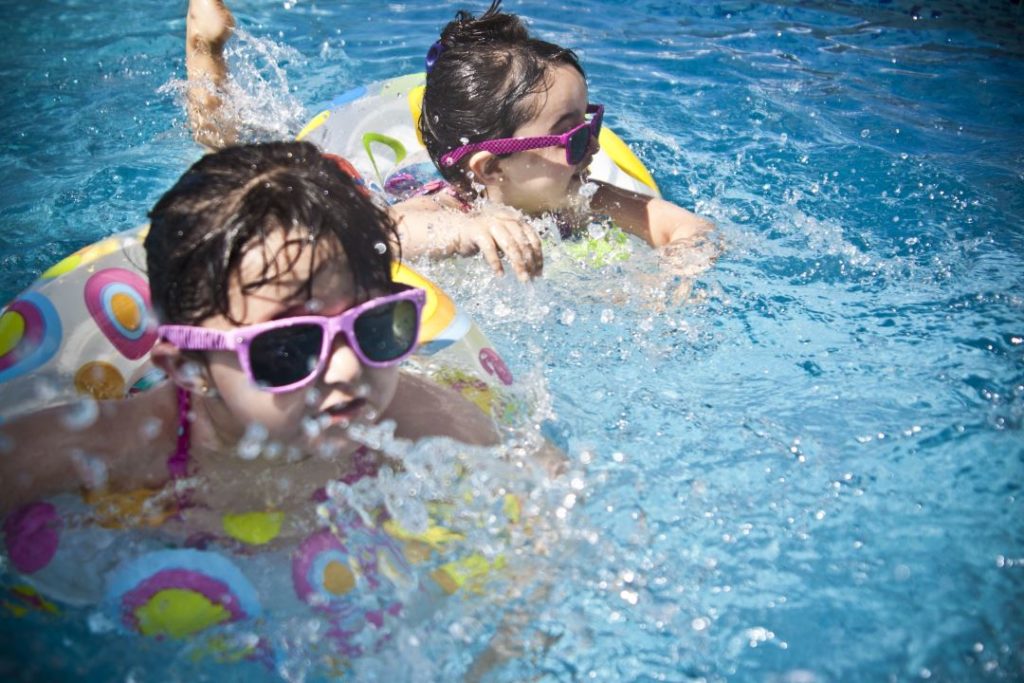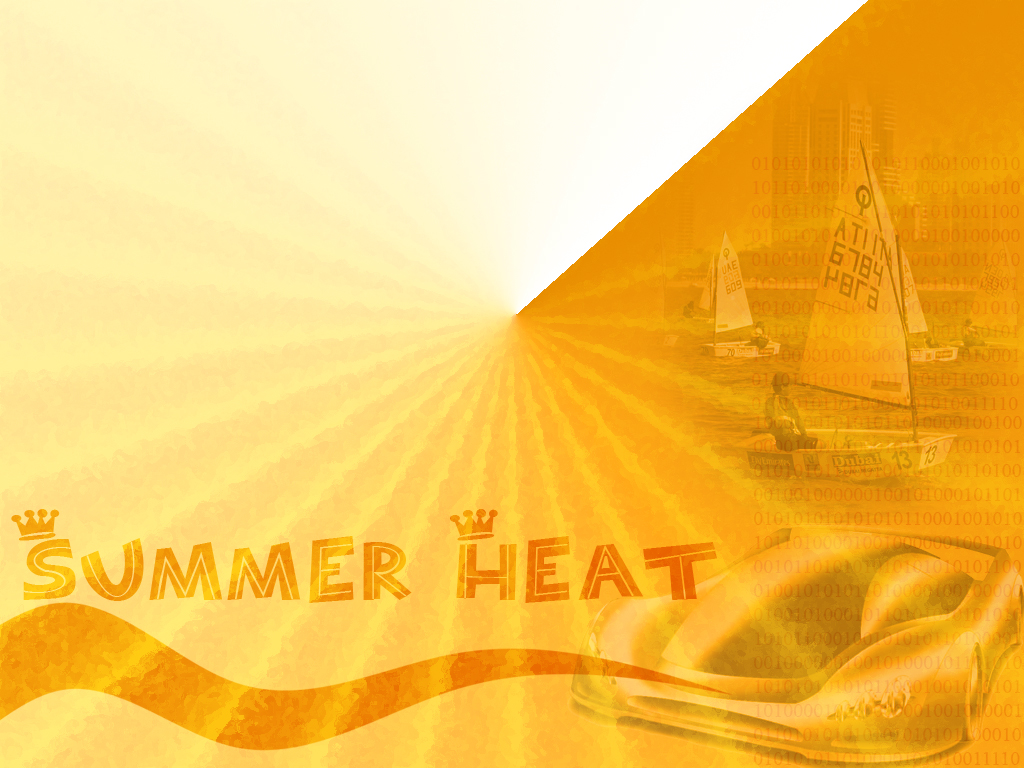
Contents
 During heat exhaustion, an individual feels excessive thirst leading to extreme weakness, severe head ache leading to unconsciousness, nausea, vomiting, profuse sweating, confusion, anxiety, dizziness, pale skin and urine will become dark yellow which is a sign of dehydration.
During sunstroke a person’s body temperature may increase to 105C, and feels like dry skin, rapid heartbeats, fatigue, short breaths, convulsion sometimes, confusion, no sweating etc. Heat strokes may occur all of sudden so the person needs immediate medical assistance.
Sunburns are caused when skin is exposed to ultraviolet rays. This will increase the risk of skin cancer. Epistaxis in general term known as nose bleeding, this is due to extreme heat conditions.
During heat exhaustion, an individual feels excessive thirst leading to extreme weakness, severe head ache leading to unconsciousness, nausea, vomiting, profuse sweating, confusion, anxiety, dizziness, pale skin and urine will become dark yellow which is a sign of dehydration.
During sunstroke a person’s body temperature may increase to 105C, and feels like dry skin, rapid heartbeats, fatigue, short breaths, convulsion sometimes, confusion, no sweating etc. Heat strokes may occur all of sudden so the person needs immediate medical assistance.
Sunburns are caused when skin is exposed to ultraviolet rays. This will increase the risk of skin cancer. Epistaxis in general term known as nose bleeding, this is due to extreme heat conditions.
What to do?
- Keep your body hydrated- Increase the intake of water, not only water fresh fruit juices (they don’t only hydrate but also boost your energy), milk products like butter milk, flavored milk (they will make your body cool).
- Avoid sunlight- Wear a cap or hat or use an umbrella. Use sunglasses (both for men and women), wear light colored and loose clothes.
- Carry a reusable water bottle with you during a day. Purchasing a bottle every time is expensive and creates plastic waste.
- Diet- Make your diet with full of fruits and salads. The food you intake should be easily digestible.
- Cool environment- Stay indoor as much as you can. Use an air condition to make your room cool and also make your room dark. Going green will not only add beauty to your home but it also keeps the surroundings much cooler.
- Sunscreens help protect skin. Re apply sunscreen every 3-4 hours when working outdoors. Make sure you apply sunscreen to all the exposed skin.
What not to do?
- Avoid wearing dark clothes and also tight clothes which absorb heat very much.
- Avoid to go out in the afternoon when sunrays are direct. Even if you go you need to carry umbrella or wear a cap or hat
- Avoid alcoholic drinks and beverages like tea and coffee which dehydrates your body.
- Avoid strenuous work outs, which in turn lead to dehydration.
- Avoid spicy or fried food which increases body heat.
First-Aid for heat stroke
- Move the person to shady place, not to extreme cold conditions like air conditioned room, but initially to room with fan.
- Loosen his clothes such that free flow of air happens between body and environment and the body reach to normal temperature. You can also sponge with wet cloth.
- Apply ice packs in groin, armpits and neck, because in this areas the blood vessels are close to skin. DO not immerse the person in ice water.
- Give some fluids with electrolytes.